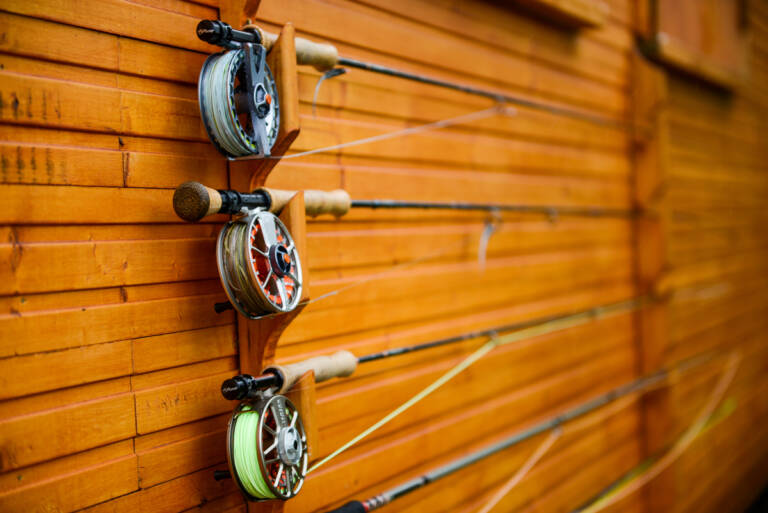Igloo Lake Lodge
Come catch the biggest brook trout on the planet!
Very few places on this planet are home to brook trout big enough to lure fly fishermen into traveling great distances in pursuit of them. We traversed the Atlantic Ocean to fly fish for brook trout in the Canadian province, Newfoundland and Labrador, and the fish that awaited us weren’t exactly small…
You may think that fly fishing for brook trout for a full week is overkill, but Igloo Lake Lodge offers great fishing in the lake itself, in nearby ponds and in the river system that feeds through Igloo Lake. And during a week’s worth of fishing you’ll be throwing and retrieving streamers, drifting nymphs through promising pocket water, and casting delicate dry flies to rising fish. The fish are beyond beautiful – and they come in XL sizes! Our biggest of the week was a whopping 8lbs.
The Fishing
The fishing is confined, primarily, to Igloo Lake itself, the close-by Burton’s Pond, and the river that flows out of Igloo Lake close to the lodge. 16’ fiberglass canoes, that are wide enough for guests to stand up and cast out of, are used to manoeuvre around Igloo Lake. At Burton’s Pond, Linder aluminium boats are used, while the river is fished on foot in waders.
The Lodge
Igloo Lake Lodge is the only lodge on Igloo Lake – an approximately 12,5 km2- and surprisingly shallow glacial lake, which is found in the middle of the Canadian outback out of anything but a floatplane’s reach. The atmospheric and authentic wooden lodge caters to 10 guests, and it is comfortably equipped with two big living rooms, which provide the perfect setting for evening chats and drinks. The food is wholesome and delicious, and – generally speaking, the service level is brilliant. The lodge also offers seasonal fly-outs for Atlantic salmon and arctic char.
The Equipment
The equipment used is fairly light. 9’ #6-7 rods paired up with WF floating- or intermediate lines are the norm. During the dry fly season, you might consider using lighter rods, but it’s worth remembering that the average brook trout in the lake is around 5lbs and that they are packed with muscles. Additionally, there are lots of craggy boulders and rocks in the lake that will tear up leaders and tippets if your tackle isn’t capable of applying the necessary pressure on the fish during the fight. This is also the reason why the guides recommend durable nylon leaders and tippets that exceed 10lbs in breaking strength.
For streamer fishing, relatively big, 10 to 12-centimeter zonkers (or Zuddlers) tied on sturdy hooks with a little bit of added weight are typically used. Black, olive, and grey flies work well on cloudy days. Brightly coloured purple, chartreuse, and yellow flies – optionally with some added Flashabou – can be surprisingly effective too, sometimes. Frequent fly changes can be necessary in order to connect on days when the fish are finicky and moody. On such days, seemingly random colours on the flies can make a huge difference.
During the dry fly season, which spans from mid-June until the end of July, the fish are typically rising to green drakes (Ephemera Guttulata). Although caddis, mosquitoes, blue duns, and sulphurs are also capable of providing great sight-fishing opportunities on the lake, high-floating green drake imitations tied on size 10 – 14 hooks are the go-to flies when the trout are hectically feeding on top in the many shallow bays. One must not forget, however, that once the fish start rising, they can also be caught on, for instance, mice patterns, bombers and other surface flies, which most fly fishermen would normally associate with pike-, bass-, salmon-, or steelhead fishing.
Last but not least, it pays off to bring a selection of nymphs and especially scuds. Scuds are present in prolific quantities throughout the lake, and they make up an easy and nutrient-rich food source for the brook trout.

BOOKING INQUIRY
*Disclaimer: In the Loop Magazine is in no way liable for the execution of trips booked via our contact form. In the
Loop Magazine merely liaises and forwards information requests.
All bookings and related services are handled by the actual lodges and guide agencies.













